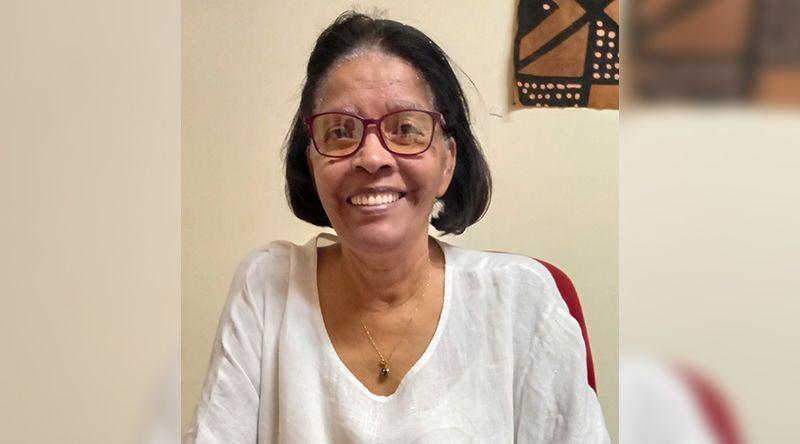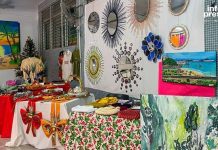Africa-Press – Cape verde. Former MP Crispina Gomes said this Saturday that, 50 years after independence, the evolution and participation of women in decision-making in Cape Verde has made significant progress, but some challenges remain. In an interview with Inforpress, on the occasion of the 50th anniversary of independence, Crispina Gomes, one of the founders of the Organization of Women of Cape Verde (OMCV), considered that despite some gains, some challenges remain, including the underrepresentation of women in political structures, the persistence of patriarchal culture, the negative perception of politics by women, in addition to the difficulties in reconciling professional and family life. According to Crispina Gomes, after independence there were considerable advances in the participation of women in social and political activities, highlighting the participation of several Cape Verdean women in an international conference held in Berlin, Germany. She recalled that of the Cape Verdean women who participated in this conference, when they returned to Cape Verde they brought many ideas about the situation of women in the world and it was from there that they questioned what they could do for Cape Verde.
“After returning, these women gradually began to make contacts, which were initially very limited, but then they gained strength and even created the Women’s Organization in Cape Verde,” she said.
According to her, the creation of the OMCV was an “important” step for women in the country, because this organization played an “essential” role in raising women’s awareness regarding their civil and social rights, training, employment and reproductive health.
Crispina Gomes, who was a member of parliament for several years and held important political positions, recalled that shortly after independence, only one woman was a member of the National Assembly.
In the pre-independence period, she said that female participation was “very low” due to the predominance of a patriarchal culture, in which women were deprived of civic rights such as voting.
Crispina Gomes stated that “it was not easy” because women were attached to their status as mothers and wives, so the challenge was enormous, especially in terms of raising awareness among these women about their situation and that they could participate in the country’s political and social life beyond their participation in their families.
She highlighted that there is currently greater recognition of the importance of women in the country’s political life, consolidated with the implementation of the parity and quota laws.
Crispina Gomes continued that women have now become more aware and are demanding more, but not enough because women are still “very poorly represented” in the elected bodies of local government.
She gave the example of the fact that in the last local elections that took place in 2024, there were not enough women and criticized the fact that, in the country, there are always few women, especially in the Chambers and Municipal Assemblies.
“The parity law is a fantasy and lists are not drawn up on the eve of elections. The work must be continuous and permanent at the level of parliamentary organisations and not only at election time”, she advised.
“If they are not in these bodies, they will not be able to influence policies and will continue to be citizens who do not participate in their own development process”, she emphasised.
She stated that it is necessary to continue to make women more assertive in society so that they can influence policies and be the objects and authors of their own situation.
The co-founder of OMCV argued that women need “diversity and not juxtaposition”, women with political sensitivity that favours women themselves and that paves the way and does not follow imposed policies.
“A lot has been achieved, but we are still far from laws that will actually facilitate women. We have made a lot of progress, today there are more women in politics, but it is not just quantity that counts, but quality and participation”, she concluded.
For More News And Analysis About Cape verde Follow Africa-Press






